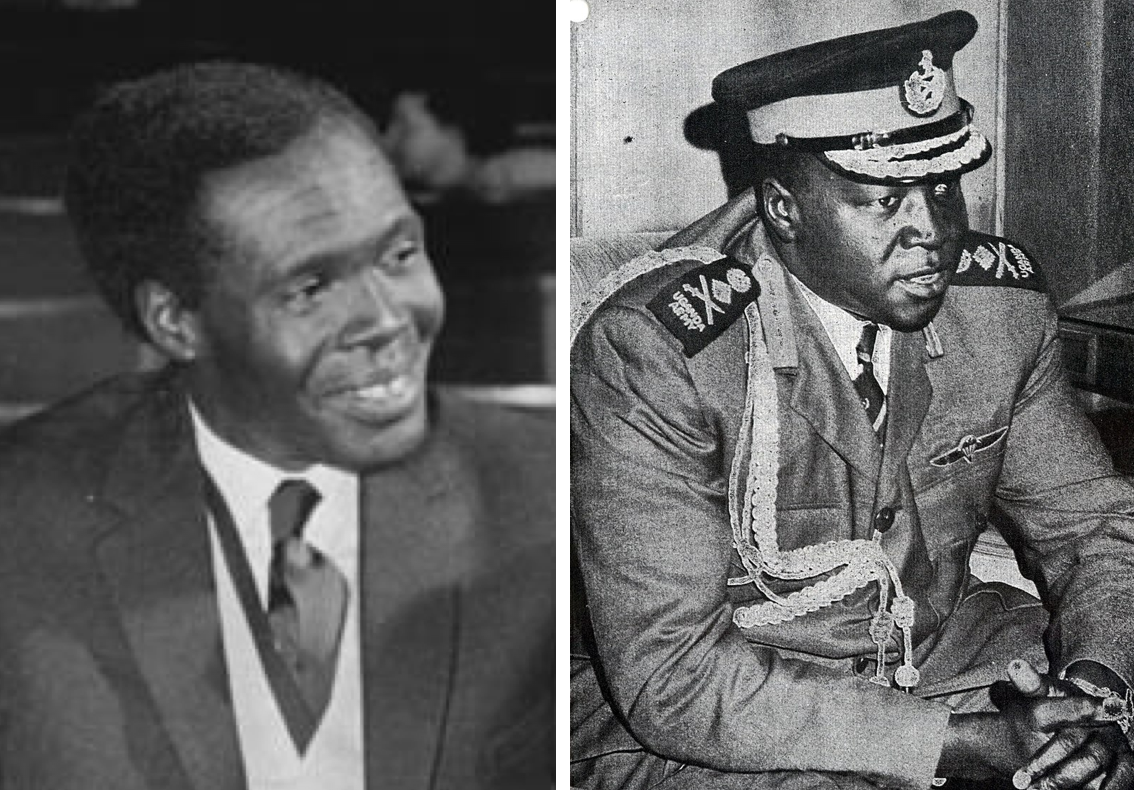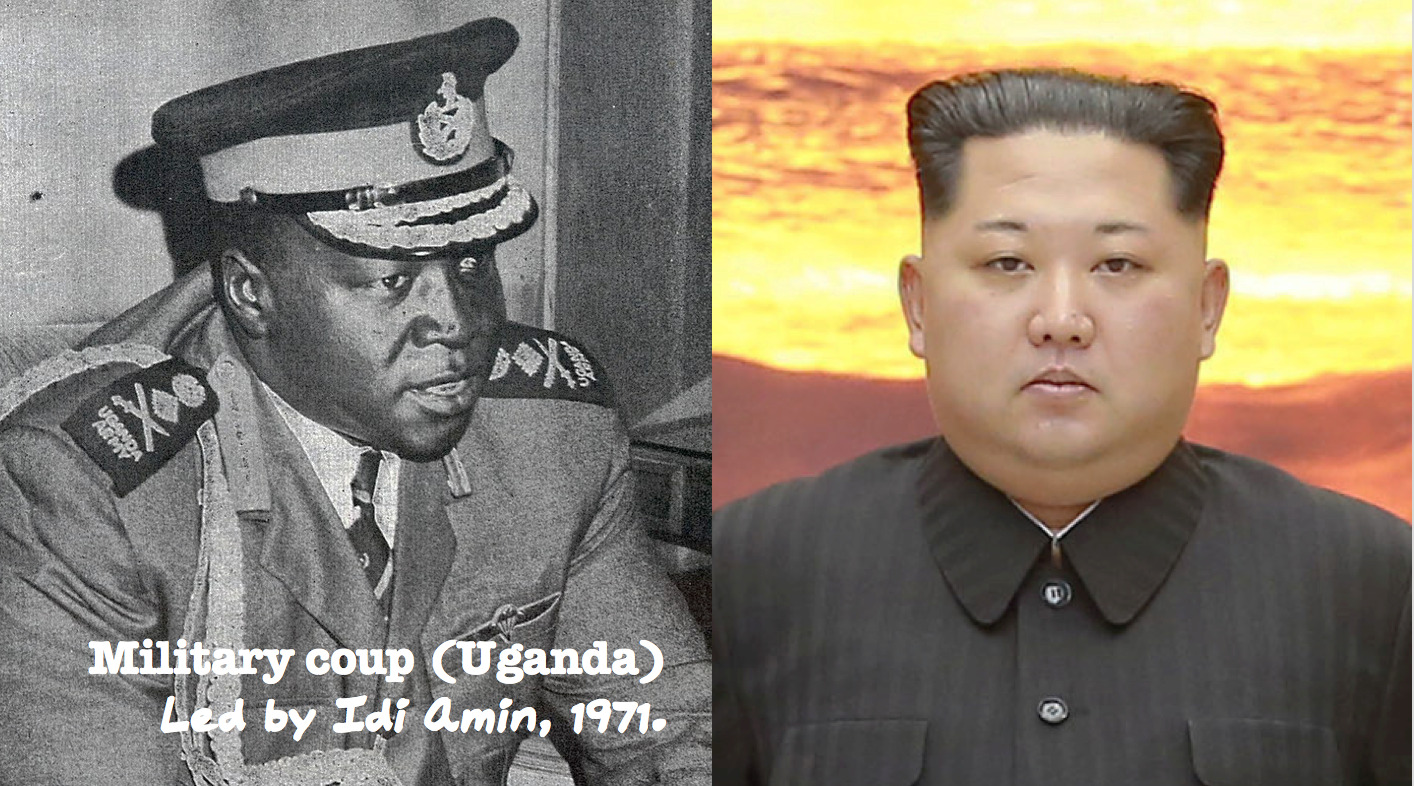The Trump-Kim summit on June 12, 2018 will go down in history as long as it happens
Despite its obvious history-making factor, it was reported that North Korea leader Kim Jong-un had several concerns about leaving his hermetic country to head overseas.
North Korean leader's insecurities
According to The Washington Post, the North Koreans sent signals to United States officials that Kim was "skittish about logistical concerns", such as ensuring his plane would be able to access enough fuel for the round trip flight.
The media also speculated that Kim had security concerns over possible assassination attempts during the summit period.
Reports of Kim feeling anxious over assassination attempts are not new.
In 2017, Kim was supposedly so afraid of assassination attempts that he travelled incognito within his own country, primarily at dawn and in the cars of his henchmen.
Fear of coup
By leaving North Korea to attend this summit, Kim also had fears that there will be internal threats to his power back home.
He was reportedly "concerned that a trip so far from home could expose him to a military coup or other internal attempts to unseat him".
Since Kim assumed power in 2011, he has sought to secure his position as the leader of North Korea by executing party and military officials perceived as threats.
Fearing a military coup, he also purged the top ranks of the army in 2017.
Uganda military coup in 1971
Perhaps Kim's fears are not entirely irrational.
In 1971, the Ugandan military overthrew their government while then-President of Uganda, Milton Obote, was in Singapore.
 Photo composite image via Wikipedia.
Photo composite image via Wikipedia.
Obote came here to attend the Commonwealth summit meeting held between Jan. 14 to 22.
It was the first meeting of the heads of government of the Commonwealth of Nations, and was hosted by then-Prime Minister of Singapore, Lee Kuan Yew.
Meanwhile in Uganda, Idi Amin, Commander of the Ugandan army at that time, was aware that the president was planning to arrest him for misappropriation of army funds.
While Obote was away, Amin took the opportunity to launch the military coup and declare himself president.
In less than a decade, Amin's reign was over.
By April 1979, he had to flee Uganda into exile.
Top photo composite image from Wikipedia
[related_story]
If you like what you read, follow us on Facebook, Instagram, Twitter and Telegram to get the latest updates.
